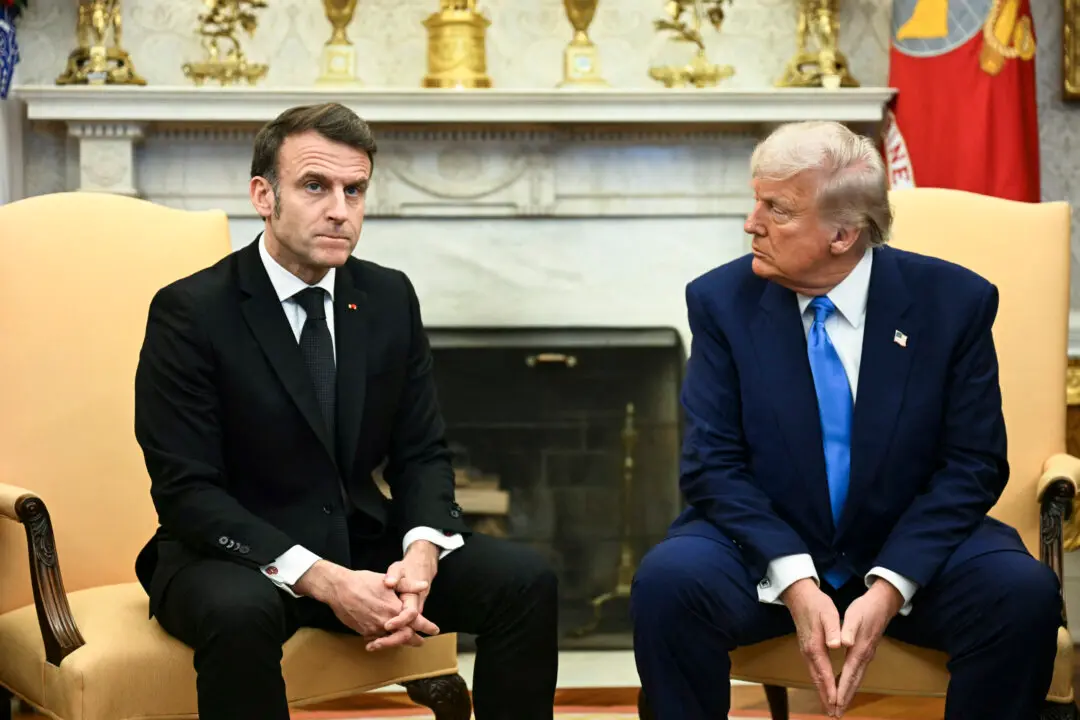The official COVID-19 inquiry has requested the government provide former Prime Minister Boris Johnson’s unredacted WhatsApp messages and diary entries exchanged with senior government ministers, civil servants, and their advisers during the pandemic.
The chair of the UK COVID-19 Inquiry, Lady Hallett, wrote to the Cabinet Office (pdf), requesting the unredacted data, which she said were “of potential relevance to the lines of investigation being pursued by the Inquiry.”





